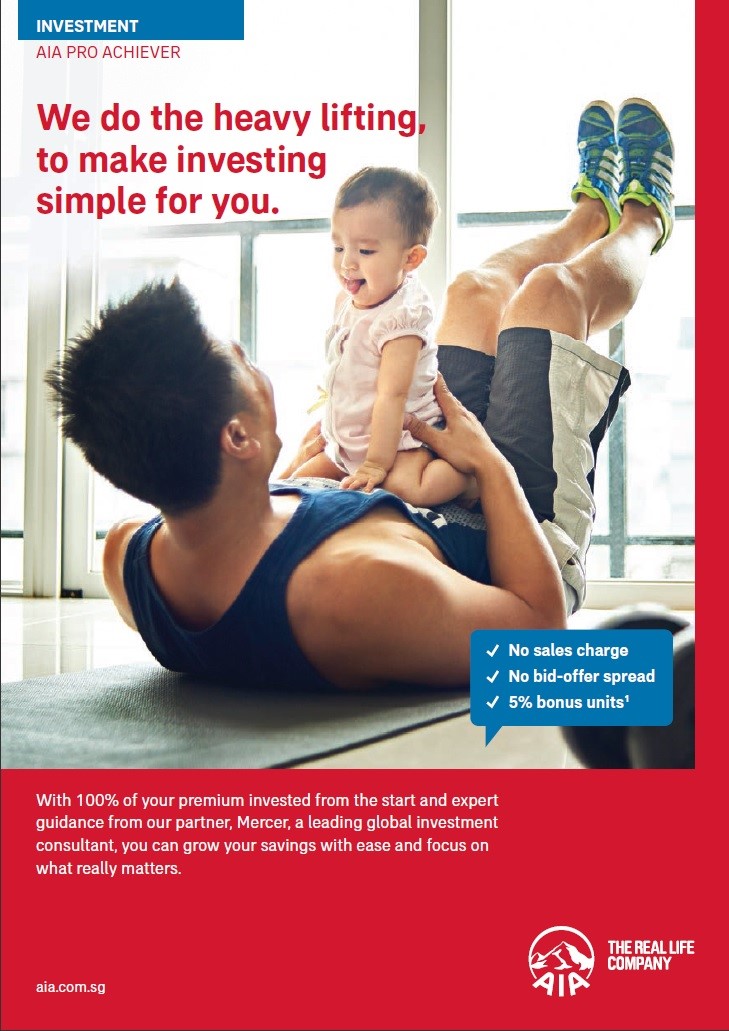It all starts with a dash of imagination…
Vividly envisioning where you are headed improves the likelihood of meeting your financial resolutions. Allocate at least a few minutes of your day to contemplate on your past experiences as well as your current standing. Afterwards, visualize the financial situation that you desire to experience in the future. Some people may find satisfaction in their year-round travels. While, you may find serenity through altruism. The mere act of visualization will motivate you to reach the goals that you set.
Plan to start small…
Like anything in life, you must have strategic plans. Money resolutions such as paying off debt or building retirement savings are not always easy! This is why you must commit to small things first. Commit yourself to a “small” task that you will accomplish for the rest of the year. Consider writing down every dollar that you spend. For the adjustment period, you can write down each transaction in a notebook or in a journal. Awareness is increased through the mentally exhausting act of writing. It is exhausting in a sense that it activates different parts of the brain. The enhanced brain activity improves your attention and memory.
As the act becomes second nature, you can turn to electronic devices for help. Find an efficient budgeting app or a software to track your transactions. Keep a record. This will help you spot the weaknesses and strengths of your budget. Please adjust accordingly.

Image Credits: pixabay.com
Divide and conquer…
Absorbing the essence of all your financial resolutions is overwhelming! Try dividing a single goal into bite-sized pieces instead. Focus your efforts on a goal before moving on to the next. Observe your progress by ticking off the “resolutions” that you have accomplished.
Remember to be as concrete as possible when identifying your financial resolutions. You may state something along the lines of avoiding credit cards for a month. Or, you may pay an additional of S$50 to your credit card debts. Aim to minimize your debt in a shorter span of time.
Parting thoughts…
Use affirmations to remind yourself that being responsible for your finances will impact your personal life and that of your family’s. Valuing your hard work starts with making few financial alternations.











